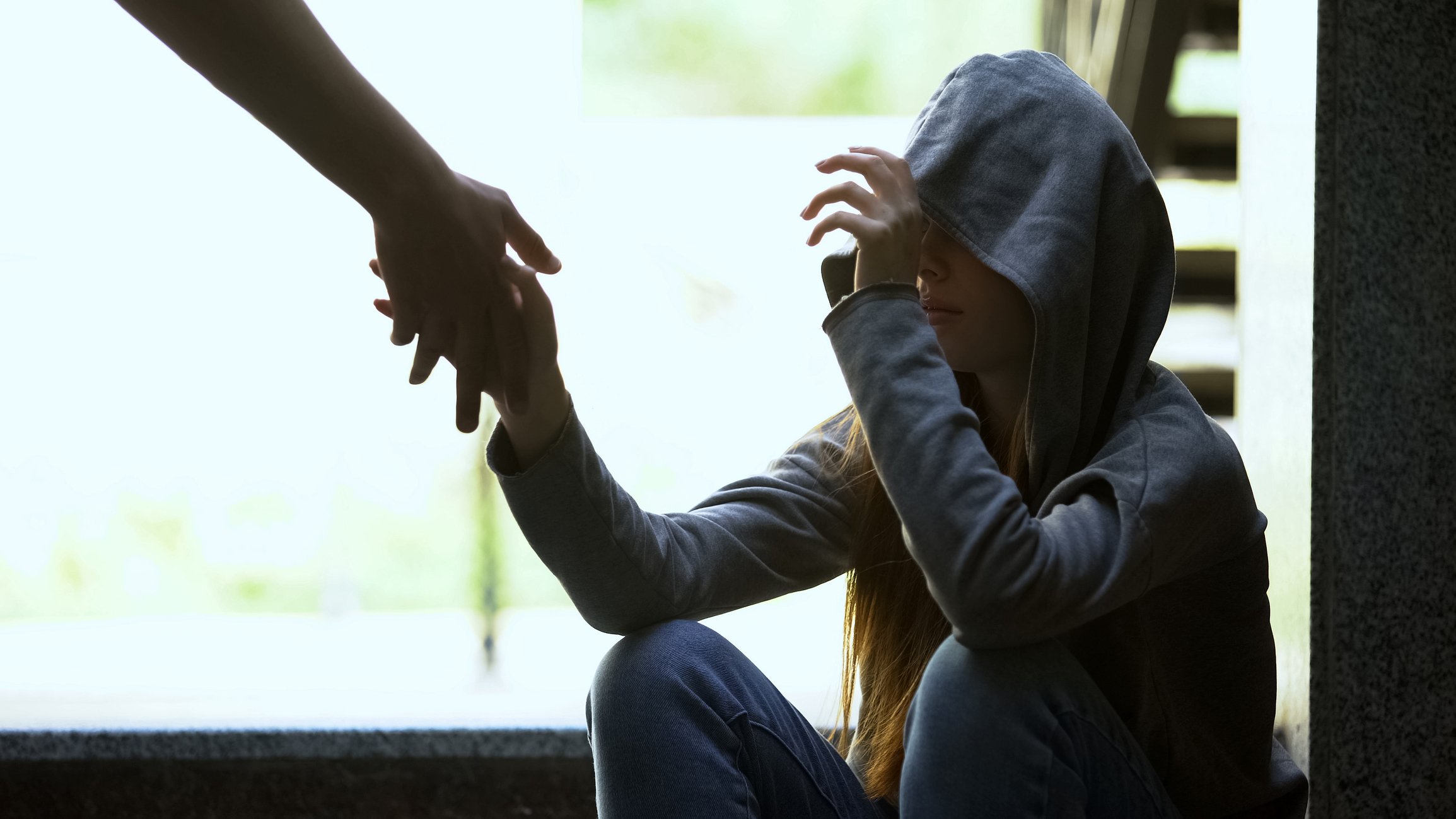When Loneliness Hurts: How It Affects Your Body Too
Most people think of loneliness as something that only affects your emotions. You might feel sad, left out, or disconnected from others. But did you know that loneliness can actually impact your physical health too?
When you’re feeling isolated for a long time, your body feels the effects just as much as your mind does. From low energy to trouble sleeping to even getting sick more easily, loneliness can show up in ways you might not expect.
In this post, we’re going to explore how feeling lonely can affect your body, why it happens, and what you can do to protect both your mental and physical wellbeing. Because you deserve to feel good inside and out—and it starts with understanding what’s really going on.
How Loneliness Impacts Your Physical Health
Loneliness triggers a stress response in your body, even if you don’t notice it right away. Your body is wired to seek connection with others—it’s part of being human. When that connection is missing for a long time, your body can stay stuck in "alert mode," which isn’t good for your health.
Here’s how it can show up:
Increased stress hormones: When you feel isolated, your body produces more cortisol (the stress hormone). Over time, high cortisol levels can lead to headaches, weight changes, and a weakened immune system.
Weaker immune system: Loneliness can make it harder for your body to fight off illness, meaning you might catch colds more often or take longer to recover.
Poor sleep: Worries and feelings of isolation can keep your mind racing at night, leading to trouble falling asleep or staying asleep—and that affects your energy and mood during the day.
Higher risk of physical health problems: Studies show that long-term loneliness can increase the risk of issues like heart disease, high blood pressure, and even diabetes.
Low energy and fatigue: Emotional exhaustion from loneliness can drain your physical energy too, making everyday activities feel harder than they should.
Why This Happens
Humans are social creatures. From the time we’re born, our brains and bodies are shaped by our connections with others. Relationships aren’t just nice—they’re necessary for good health.
When you’re disconnected for too long, your brain thinks something’s wrong and sends out warning signals (like stress and sadness) to push you to reconnect. If that reconnection doesn’t happen, your body keeps sounding the alarm, leading to physical wear and tear over time.
It's not about being "weak" or "overdramatic"—it’s a real biological reaction to being isolated.
What You Can Do
The good news? Once you recognize the signs, you can start taking steps to support yourself. Here’s how:
Stay socially connected: Even small interactions—like chatting with a friend online, joining a club, or attending a class—can make a big difference.
Take care of your body: Eating well, staying active, and getting enough sleep all help buffer the physical effects of loneliness.
Manage stress: Activities like deep breathing, journaling, or mindfulness can help calm your body’s stress response.
Talk to someone you trust: Opening up about your feelings can help you feel more connected and less alone.
Seek help if you need it: If loneliness feels overwhelming, talking to a counselor or therapist can give you support and strategies to feel better.
Final Thought
Loneliness isn’t just a feeling—it’s something your body experiences too. But feeling lonely doesn’t mean you’re broken, and it doesn’t mean you have to stay that way.
Every small step you take toward connection—whether it’s texting a friend, joining a new activity, or just being kind to yourself—helps heal both your heart and your body.
You are meant to be seen, heard, and valued—and you are stronger than you know.
Even though 1 in 4 people have mental health problems, most of us don’t get the help we need. This has to change. We’re Mind. We’re here to fight for mental health. For support, for respect, for you.








